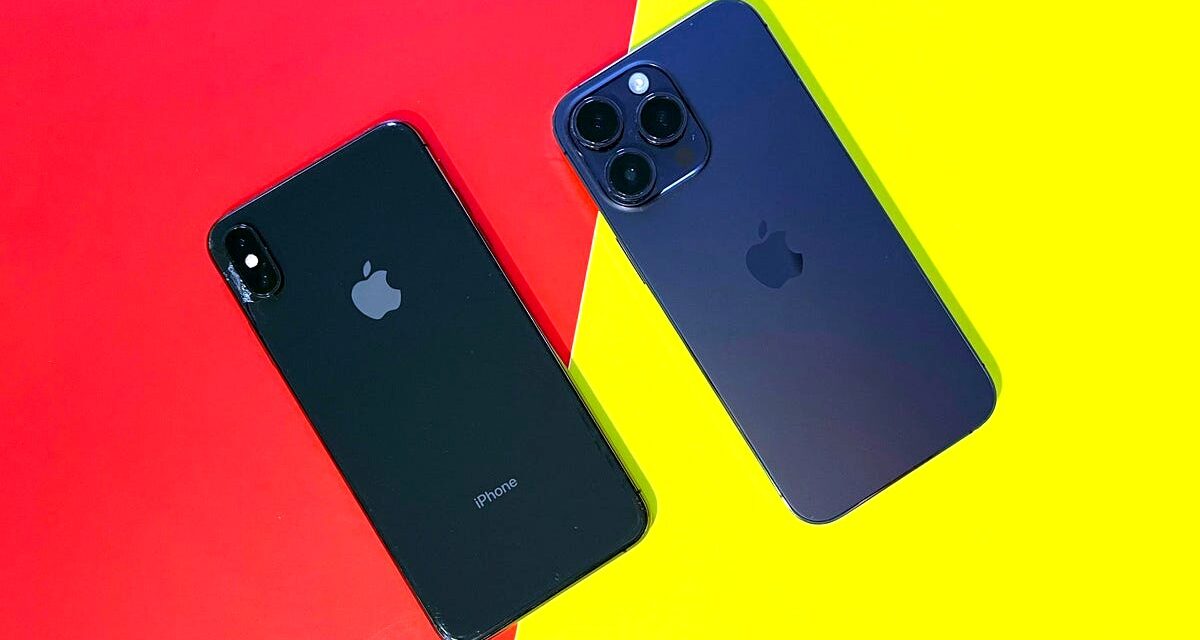The design of the iPhone has undergone several changes over the years, though none too drastic. Despite Apple’s annual release of new versions of its flagship smartphone, it’s not uncommon to see individuals still using older models like the iPhone 11, X, or even earlier.
Research from Consumer Intelligence Research Partners (CIRP) demonstrates this trend. It reveals that 61% of iPhone users retained their previous iPhones for two years or longer, whereas only 41% of Android users followed a similar pattern.
It’s worth noting that this phenomenon extends beyond personal preferences. While new iPhones are launched annually, they are exclusively manufactured by Apple. In contrast, Android phones are produced by various companies, including Samsung, Motorola, Google, ZTE, and more, each with their own yearly releases.
This data highlights the loyalty within the user communities of both brands. CIRP suggests that iPhone users are perceived as more affluent and tech-savvy, while Android users are seen as more budget-conscious. However, the statistics challenge these assumptions. Only 10% of iPhone users retained their devices for less than a year, while 21% of Android users replaced their phones within a year of acquiring them.
The personal experience of some individuals, including myself, reinforces the inclination to keep older iPhones for extended periods. These users find iPhones to be more resilient compared to Android phones, particularly former Android loyalists. Even with significant wear and tear, iPhones often serve their owners for over four years, or potentially longer, provided they avoid encounters with washing machines. Apple’s support for iOS updates for five to six years ensures that iPhones remain relevant for more extended periods than Android phones.
Conversely, each smartphone manufacturer utilizing the Android OS operates with distinct timelines and policies for updates. Some Android phones offer just two to three years of support. However, Google has signaled a change with the launch of its Pixel 8 and Pixel 8 Pro, which come with Android 14 and will receive seven years of Android updates and security updates until October 2030.
The study speculates that since Android phones are generally less expensive, Android owners may be more willing to retire relatively new devices. Whether the durability of iPhones, user satisfaction with older models, or the cost-conscious nature of Android buyers is the primary factor remains a topic of debate.






Recent Comments